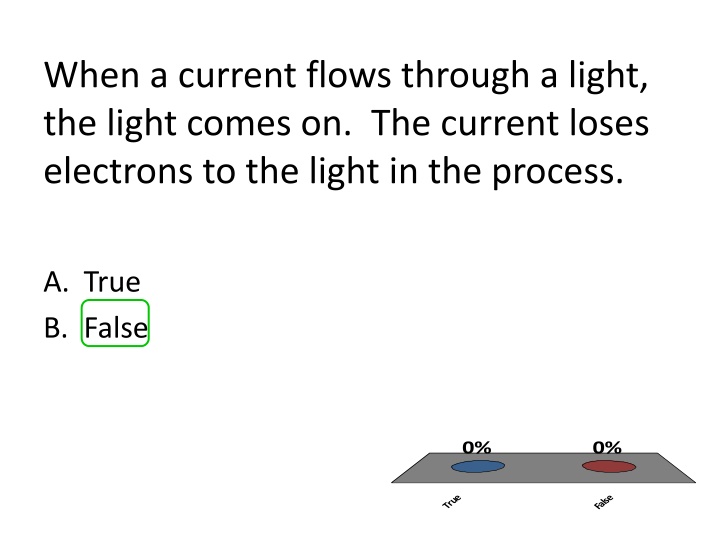
Basic Concepts of Electricity
Explore fundamental concepts of electricity, including the flow of current, electric fields, electron movement, electromotive force, resistance, and temperature dependence of conductors. Enhance your knowledge of these key principles in physics.
Download Presentation

Please find below an Image/Link to download the presentation.
The content on the website is provided AS IS for your information and personal use only. It may not be sold, licensed, or shared on other websites without obtaining consent from the author. If you encounter any issues during the download, it is possible that the publisher has removed the file from their server.
You are allowed to download the files provided on this website for personal or commercial use, subject to the condition that they are used lawfully. All files are the property of their respective owners.
The content on the website is provided AS IS for your information and personal use only. It may not be sold, licensed, or shared on other websites without obtaining consent from the author.
E N D
Presentation Transcript
When a current flows through a light, the light comes on. The current loses electrons to the light in the process. A. True B. False 0% 0% True False
An electric field always points in the direction from A. lower to higher potential B. higher to lower potential C. it Depends on the current. 0% 0% 0% it Depends on the current. lower to higher potential higher to lower potential
Electrons flow very quickly along the current induced by an electric field. A. True B. False 0% 0% True False
The electromotive force is a force. A. True B. False 0% 0% True False
The ratio of potential difference to current, when constant, is called A. resistance B. resistivity C. terminal voltage 0% 0% 0% resistance resistivity terminal voltage
The resistance of a conductor is dependent upon the temperature of the material the conductor is made of. A. True B. False 0% 0% True False
